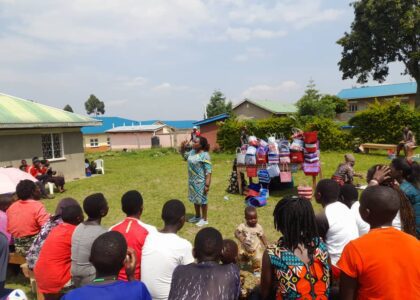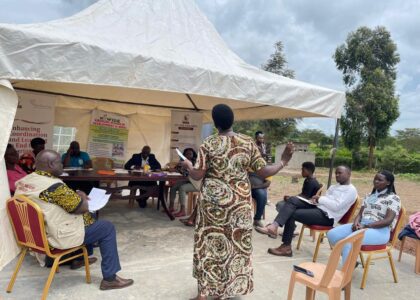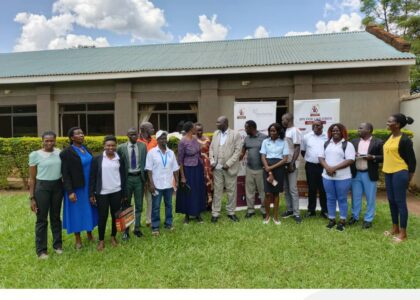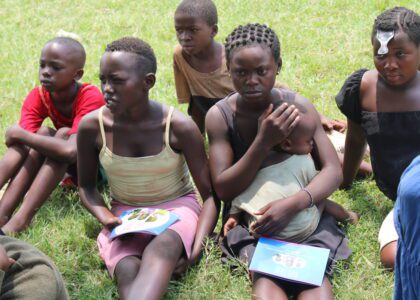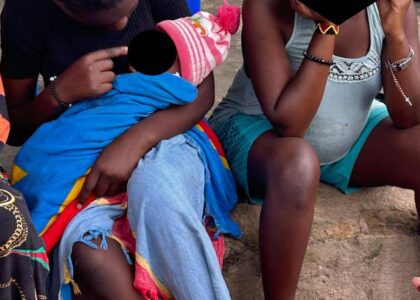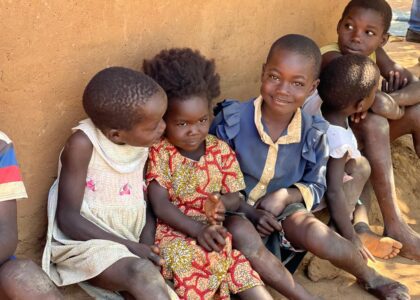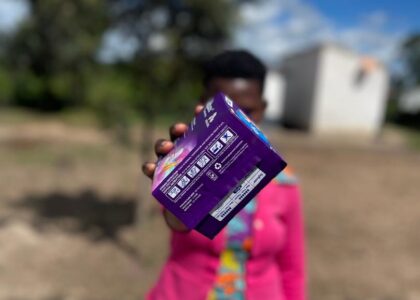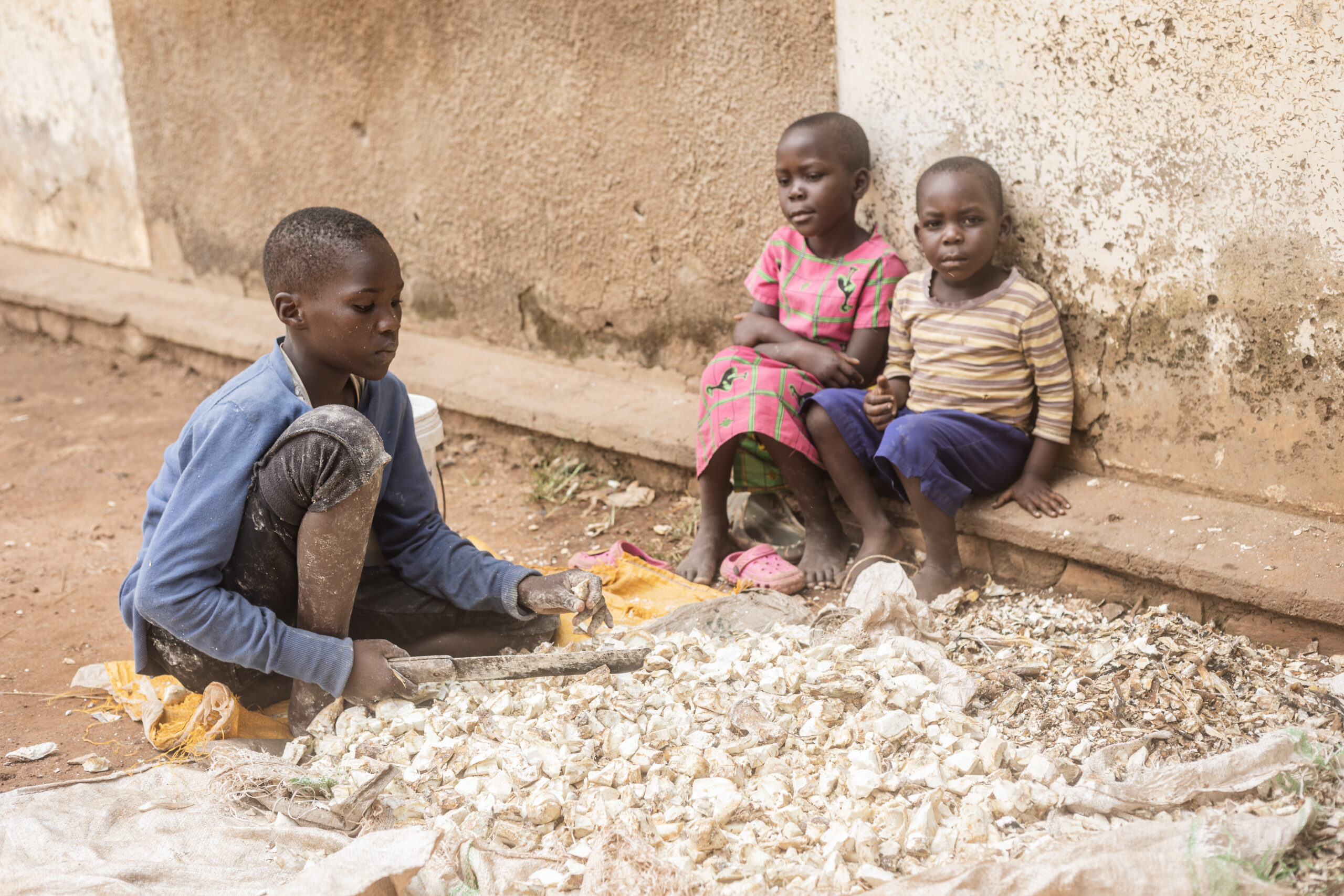Empowering Out-of-School Children through Safe Spaces as a Key Strategy in Preventing Violence against Children
JFCU with support from CRVPF established safe spaces for out of school adolescents to hold weekly discussions facilitated by peer mentors using the life skills manual to build their esteem, help them make better choices, protect themselves against violence, promote behavior change through addressing harmful social norms that perpetuate VAC and community actions and also be able to plan more confidently for their future.

